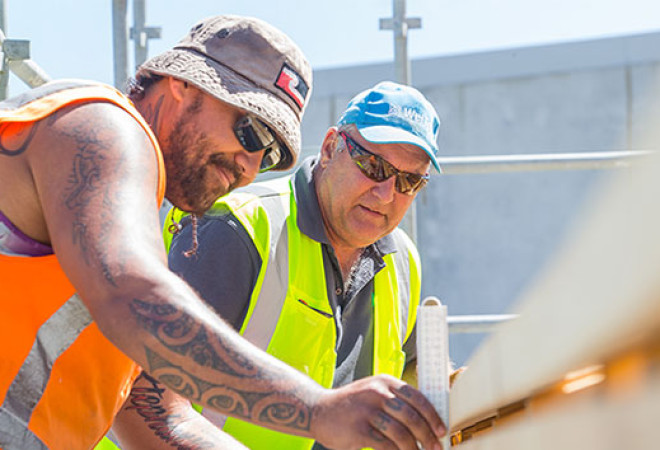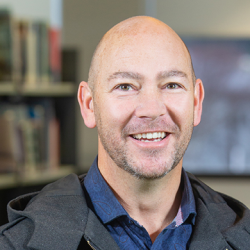
In the starting blocks: Scoping the experiences, vulnerabilities, and potentials of dyscalculic adult learners in Aotearoa New Zealand
Status
Key research question
What challenges do dyscalculic adults experience and what strategies do they use to meet, mitigate, or avoid numeracy demands?
This study initiates an important exploration into the life experiences of dyscalculic adults in New Zealand and aims to shed some light on their often-unseen challenges and vulnerabilities.
This project is scheduled to be completed July 2024.
Sub questions
- In what ways are dyscalculic adults vulnerable to exclusion or difficulties in various contexts?
- What specific challenges do dyscalculic adults have in daily life and the workplace?
- How do these challenges interfere with their desired outcomes?
- What strategies do learners use to cope with numeracy needs?
- What social, technological, or other resources do learners draw on to bridge learning needs?
Team

Dr Damon Whitten
Project Leader
Independent researcherStatus
Funding
$15,750.00 (excl GST)
How will answering these questions help?
International research shows a clear connection between dyscalculia in adulthood and entrenched social and economic disparities, persistent deprivation, and lower life outcomes.
Despite these findings little is known about the challenges faced by dyscalculic adults in Aotearoa New Zealand, including the experiences of Māori and Pacific Peoples, those of apprentices, and adult learners within training courses. Moreover, even less is known about how to support dyscalculic adults and develop their numeracy skills.
Expected Outcomes
The findings of this study will:
- Inform the development of professional development packages leading to improved ako practice for kaiako working with neurodiverse learners. These will be disseminated through Ako Aotearoa.
- Provide much needed insight into Māori and Pacific ākonga with dyscalculia and how to support them. The research will emphasise actionable and practical approaches for Kaiako.
- Lead to contextualised solutions for Kaiako and ākonga specific vocational areas. For example, actions for working with dyscalculic learners in building, hospitality, automotive engineering, and cooking.
- Provide insight into cultural competencies regarding Māori and Pacific ākonga with dyscalculia. These packages will support educators to better meet the needs of neurodiverse learners, and learners with numeracy challenges.
ONLINE WORKSHOPS AND COURSES
Neurodiversity | Supporting learner success
Learn more about different types of neurodiversity, the challenges it can pose for learners, and how to put support in place.
Research describing Y's Words, a programme shown to enhance literacy and numeracy among students with learning disorders.